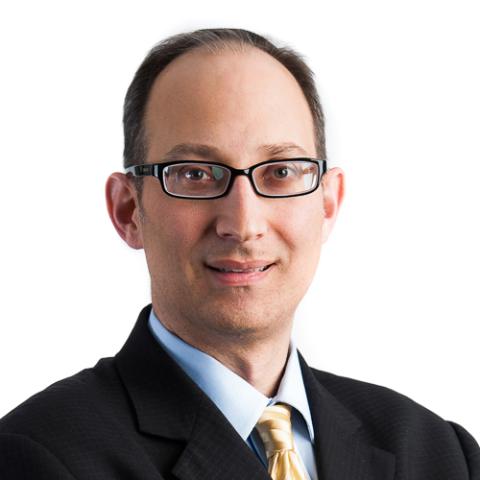To the apparent chagrin of House Speaker Nancy Pelosi, President Barack Obama chose to omit homeland and other national security spending from his proposed spending freeze. Despite this apparent protection of homeland security spending, a presidential decision made a year ago has made the homeland security information-gathering and decision-making process harder, not easier.
In February 2009, the Obama administration effectively downgraded the Homeland Security Council, absorbing it into the National Security Council. Unlike his predecessors as homeland security advisers in the Bush White House, Obama HSC adviser John Brennan does not preside over a free-standing entity, but reports through the national security adviser, who presides over a new entity called the National Security Staff.
Some expert voices argued have against this approach. Last year, Tom Ridge — former head of President George W. Bush’s Office of Homeland Security (the predecessor to the HSC staff) and former Department of Homeland Security secretary — testified before Congress that “the [HSC] should not be subsumed by the NSC.” Ridge felt that “a merger of these two councils would not work and, if carried forward, would diminish and potentially damage a council whose work needs to be elevated, accelerated and properly resourced — versus diluted in a mix of security roles and responsibilities of a different kind.”
By pushing HSC staff into the new NSS, the Obama team chose not to heed Ridge’s warnings, perhaps in a quest for “changing the mood music,” which is how a former Obama adviser described the administration’s new approach to the war on terror in The New York Times. HSC, which was created by Bush in the aftermath of the Sept. 11 attacks and codified in law by Congress in the Homeland Security Act of 2002, covered areas such as terrorism, domestic security, biopreparedness, immigration, watch-listing policy and national disasters. It had a clear mission and helped ensure the president was aware of and involved in homeland security decisions and operations.
It also brought nontraditional Cabinet members — usually domestic in nature — to the security table. Its existence helped maintain White House-level focus on the war on terror and drove Cabinet and sub-Cabinet agendas.
At the same time, there was certainly room for improvement. In many instances that I witnessed while working with HSC at both the White House and the Department of Health and Human Services, the HSC staff could not seem to decide what kind of policy council it wanted to be. In some ways, it wanted to be nimble and small like the Domestic Policy Council and the National Economic Council, which are staffed with political appointees.
In other ways, it tried to ape the establishmentarian and more bureaucratic 240-person NSC, which is largely staffed with career civil servants detailed from other agencies. Political appointees tend to be more aggressive, and hence more controversial, but they can often drive the bureaucracy harder because their government service is more of a sprint than a marathon. As a result, their future promotion is not tied to their ability to get along well with the bureaucracy.
In my experience, the domestic councils such as DPC and NEC had less stature, but they also moved faster. Document review and clearance, for example, which is a surprisingly large aspect of work in the White House, was relatively quick for DPC and NEC. NSC, in contrast, had to clear every document through multiple directorates and subdirectorates. Given its purview over immediate life-and-death issues, HSC needs to be both: fast, and yet fully integrated into our enormous security establishment; professional, and yet possessing a sharp political antenna.
Having one separate council with an autonomous staff dedicated to homeland security can help focus White House staff and presidential attention on the terror threat. Placing the HSC staff within a larger NSS raises the concern that homeland security and counterterrorism issues could be lost in the mire of bureaucratic and administrative infighting.
For his part, Brennan has said, in a speech to the Center for Strategic and International Studies, the mission of protecting the American people from attack “demands nothing less than the new thinking that President Obama brings to this challenge and the new approach that this administration will pursue in the years ahead.” While new thinking is often in order, sometimes new thinking for its own sake brings about more harm than good.













